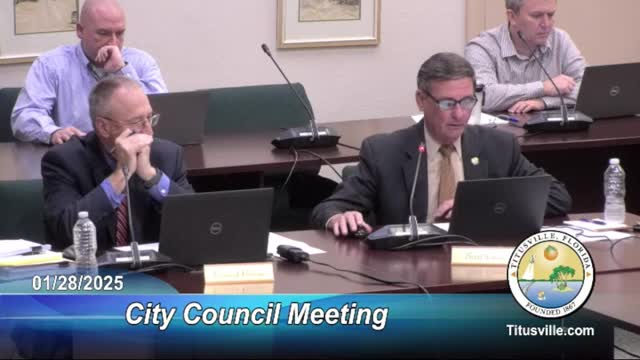Article not found
This article is no longer available. But don't worry—we've gathered other articles that discuss the same topic.
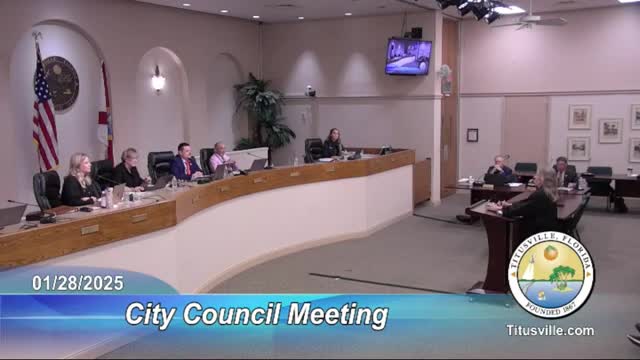
Historic Preservation Board presents semiannual report; Joynerville gateway project lacks HUD funding
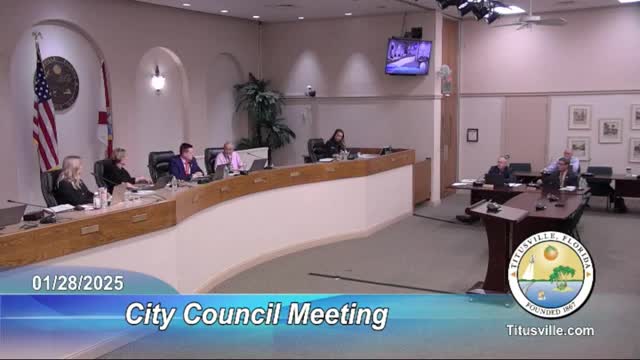
Council approves small-scale land-use change and rezone on Sedgwick Avenue for up to eight units
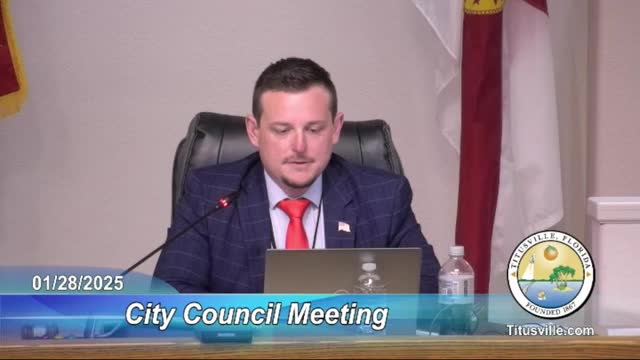
Council approves extra pickup, asks for trash strategy after complaints about mattresses and illegal dumping
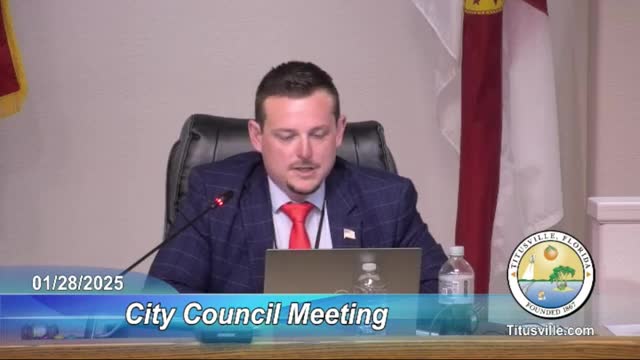
Council asks staff to seek vendors for foreclosed-property registry after audit shows incomplete compliance
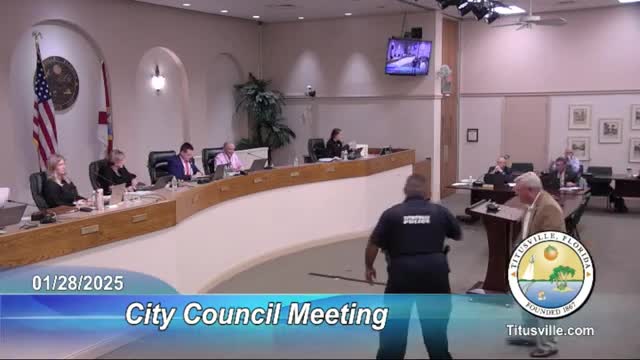
Council votes to set term limits, seek reports from Space Coast Transportation CAC after long-running appointments
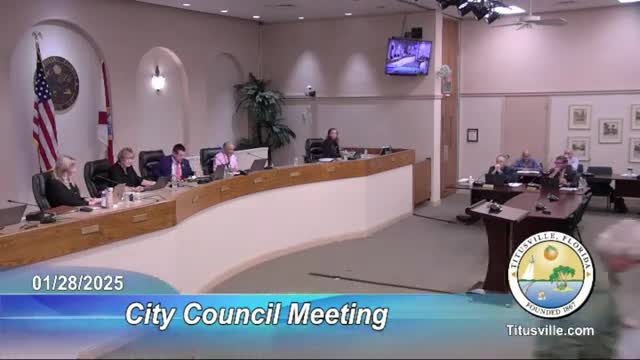
City explains utility billing changes, new online bank-direct option to speed payments
